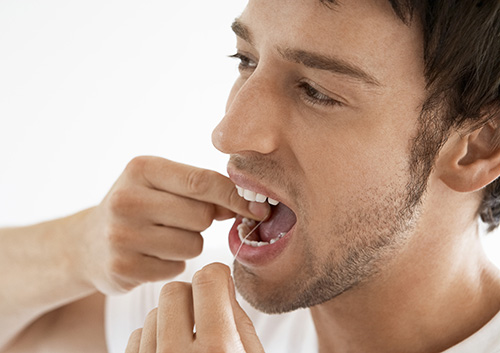How to Protect Your Braces During Sports Activities
July 7th, 2016

Proper mouth protection is recommended by Orthodontic Specialists of Southeastern Massachusetts when you participate in any sports activities. If you wear braces, this protection becomes essential. Injuries to your mouth can not only damage your teeth, but your braces could break and cut open your lip.
Full Facial Guards
Full facial guards are often used in football and offer protection to your mouth from most injuries. Even with full facial protection, you may benefit from additional mouth protection. While your face is protected from outside impact, you could still suffer from cuts or damage to your braces from internal impact.
Mouthguards
Mouthguards referred to as boil-and-bites can be purchased at many retail stores. As the name implies, these guards are boiled in water to heat and soften the material. While the guard is still warm, you place it in your mouth and bite down gently. This causes the guard to form to the shape of your mouth. Unfortunately, these guards do not necessarily offer the best protection or fit.
Dr. Neil Oliveira and Dr. Derek Wolkowicz can make custom mouthguards specifically for you. The custom fitting ensures you of better protection and a comfortable fit. Custom guards are also built in layers for durability. The American Dental Association recommends custom guards for orthodontic patients. Your mouthguard will be designed to provide proper protection for both your teeth and your braces.
No matter what type of sport you participate in, a mouthguard can protect your braces. Even an activity as seemingly harmless as table tennis can result in a contact injury. The Academy for Sports Dentistry states that a properly fitted mouthguard should not interfere with any athletic activity.
Orthodontic Specialists of Southeastern Massachusetts will provide you with properly-fitting mouth protection to ensure the safety of your braces and your teeth. We will be glad to answer any questions you have so you can continue the activities you enjoy with little concern. If you do suffer any injuries to your mouth or braces during sporting activities, please contact us immediately. The sooner we can care for your mouth, the better the results will be.



